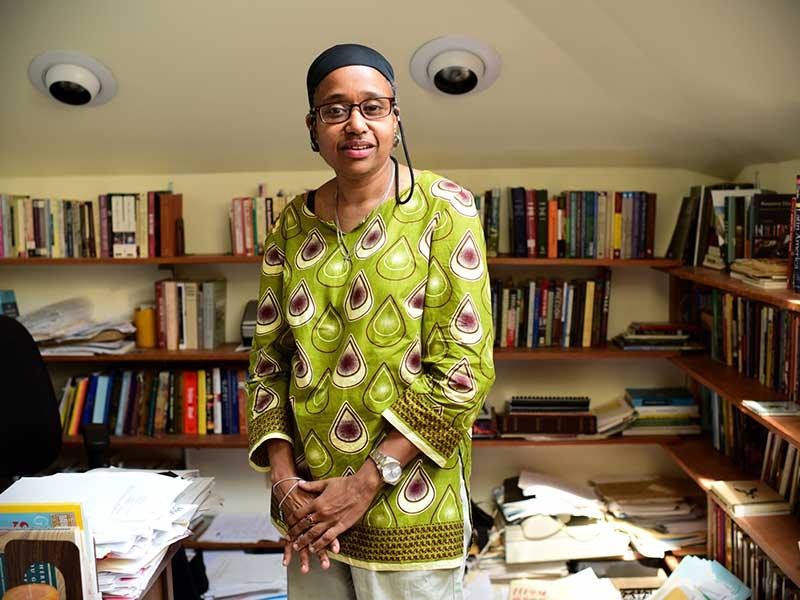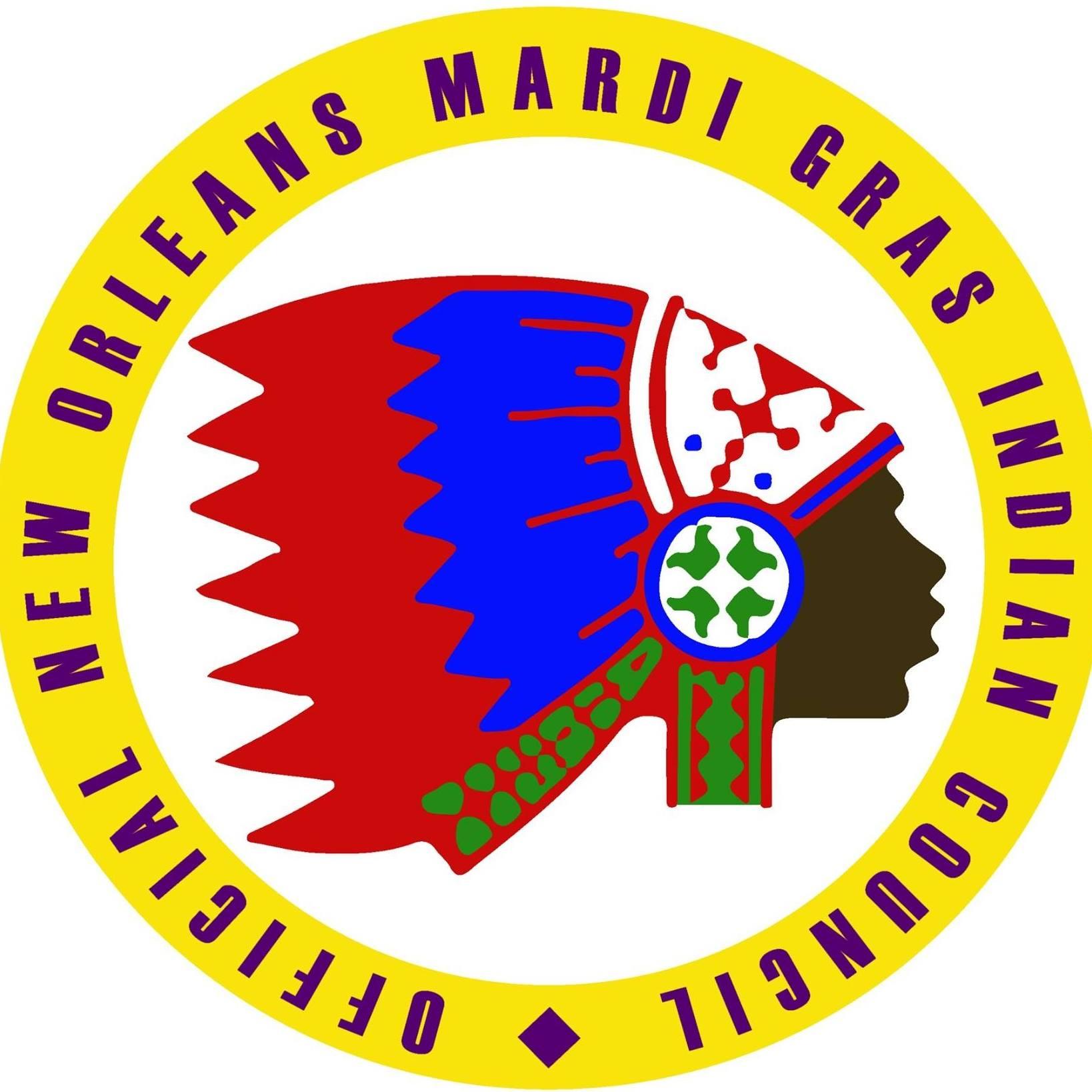History professor receives Center for Public Service grant to document Mardi Gras Indians online
Laura Rosanne Adderley, associate professor in the Department of History in the School of Liberal Arts, has received this year’s Center for Public Service (CPS) Faculty Community-Engaged Research Grant for a project titled “Mardi Gras Indian Traditions Going Global and Going Online: A Digital Humanities Project on African Diaspora Masking Cultures in New Orleans and the Greater Caribbean.” The award is $10,000 over an 18-month funding period.
The CPS Faculty Community-Engaged Research Grant is awarded annually to faculty whose research engages community partners in reciprocal relationships to co-produce knowledge that has public value as well as a recognizable scholarly impact in that field of inquiry.
With community partner the New Orleans Mardi Gras Indian Council, Adderley and Tulane students will collaborate to produce a well-organized and academically researched website focused on New Orleans Mardi Gras Indian traditions and other related Carnival or masking traditions of the Caribbean that have been significantly influenced and practiced by communities in the African diaspora. The New Orleans Mardi Gras Indian Council is an umbrella organization that seeks to bring together members of Mardi Gras Indian tribes in New Orleans. Through this project, Adderley hopes that Tulane can assist in preserving and perpetuating the traditions of Mardi Gras Indians well into the future, working with academic partners Jana K. Lipman, associate professor of history, and Matt Sakakeeny, associate professor of music, as well as students in history and Africana studies service-learning courses. Additional campus partnerships are also envisioned with the Roger Thayer Stone Center for Latin American Studies and the Center for Cuban and Caribbean Studies.
“For this grant, I have created a series of stepping-stones with classes at different levels focused on Caribbean and African diaspora culture,” Adderley said. “First- and second-year students in a Caribbean history class this fall will be able to dive right in, testing some of the proposed digital models for best displaying Carnival-related materials from New Orleans and the Caribbean online. Next spring and fall, upper-level students will build on this start to deliver the final product.”
The project represents a unique opportunity for the first-year students, who may be looking for research experience as new undergraduates. “I am really hoping to get a strong group of first-year students this fall,” Adderley said. “First-year students and their families hear a lot about New Orleans culture and its Caribbean connections during their first encounters in the city. Having the opportunity for hands-on experience right away – and learning with longstanding participants from those cultures in our local community – should be a special experience.”
This project will have long-term impact and make deep contributions to New Orleans and international communities.
The proposed online materials will fill a specific need for the Mardi Gras Indian Council, and will give both students and community members the chance to build and use digital tools for community-based cultural work, she added.
“We talk a lot these days about digital humanities and what it means for public humanities programs. This grant is an opportunity to think about what needs to happen to make sure that access to these kinds of digital tools is not limited to resource-rich spaces like universities.”


